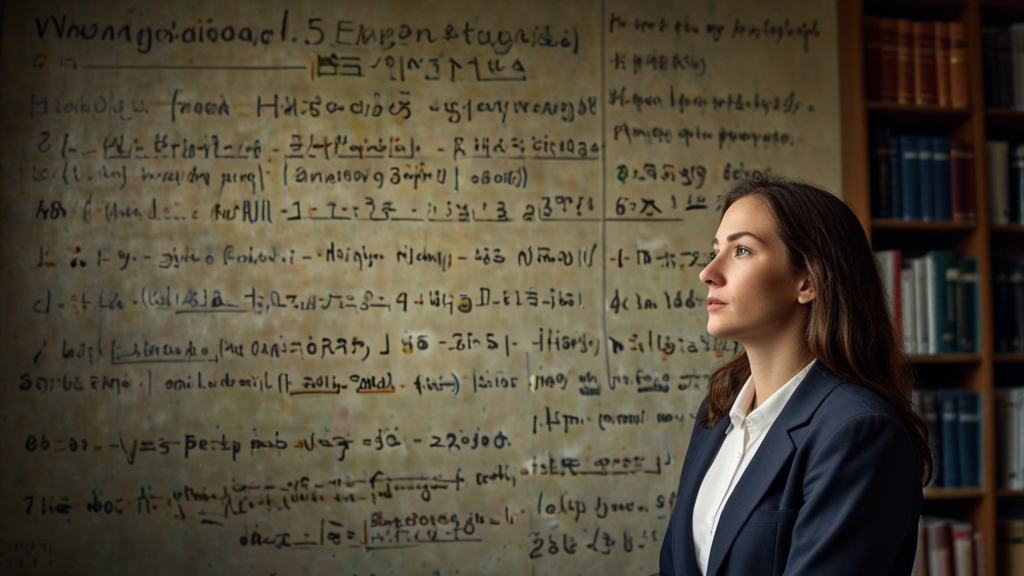Legacy of the Sumerians: How Their Innovations Changed the World
Long before the rise of Rome or the construction of the Great Pyramids, the Sumerians cultivated a civilization that would leave an enduring impact on the course of human history. Nestled in the fertile region of Mesopotamia, Sumer, often referred to as the "Cradle of Civilization," was home to numerous innovations that laid the groundwork for numerous aspects of modern society. From writing systems to governance, the legacy of the Sumerians continues to resonate today.
Invention of Writing: Cuneiform
One of the most groundbreaking contributions of the Sumerians is the invention of the cuneiform writing system. Originating around 3400 BCE, cuneiform initially began as a series of pictographs used for record-keeping. Over time, these pictographs evolved into a complex system of wedge-shaped signs that represented sounds and concepts.
"The ability to record information heralded a new era in human history. It enabled the codification of laws, documentation of transactions, and the preservation of stories and knowledge for future generations."
The impact of cuneiform cannot be overstated. This writing system later influenced other scripts and languages, such as Akkadian, Assyrian, and Babylonian, facilitating communication and administration across vast empires.
Legal Systems and Governance
The Sumerians were pioneers in establishing legal frameworks and systems of governance. The Code of Ur-Nammu, dating back to around 2100 BCE, is one of the earliest known legal codes. This set of laws introduced principles of justice and fairness, such as fines for specific offenses and protections for property rights.
These early legal codes paved the way for more comprehensive systems like the Code of Hammurabi. By promoting the rule of law, the Sumerians laid the foundational elements for modern legal and governmental structures, influencing the administration of justice across millennia.
Urbanization and Architecture
The Sumerians were also trailblazers in urban planning and architecture. They built some of the world's first cities, including Uruk, Ur, and Eridu. These cities were characterized by their advanced infrastructure, including ziggurats—massive temple complexes that served as both religious and administrative centers.
Ziggurats stood as towering symbols of the Sumerians' architectural prowess and their devotion to their deities. The concept of structured urban centers with designated areas for commerce, worship, and residence was a precursor to modern city planning.
"The architectural and urban planning innovations of the Sumerians laid the groundwork for the development of complex urban societies, influencing city layouts, public spaces, and building techniques."
Mathematics and Astronomy
The contributions of the Sumerians extended to the fields of mathematics and astronomy. They developed a base-60 (sexagesimal) number system, which is still in use today in the measurement of time and angles. Concepts such as the 360-degree circle and the 60-minute hour are direct legacies of Sumerian mathematics.
Their astronomical observations and calculations enabled them to create the first known lunar calendar, with months based on the cycles of the moon. This calendar was essential for agricultural planning, religious festivals, and the bureaucracy of their cities.
Agricultural Innovations
Living in the fertile crescent of Mesopotamia, the Sumerians were adept agriculturalists. They devised irrigation systems that channeled water from the Tigris and Euphrates rivers to their fields, enabling them to cultivate crops on a large scale. These irrigation systems featured canals, dikes, and reservoirs, maximizing agricultural output and supporting urban growth.
Their agricultural practices, including the production of barley, wheat, and dates, set the stage for the development of settled communities and the evolution of complex societies. The surplus produce allowed for the specialization of labor, further driving societal advancement.
"The innovations of the Sumerians in agriculture ensured food security and enabled the growth and sustainability of one of the world's earliest civilizations."
The legacy of the Sumerians is profound and multifaceted. Their pioneering efforts in writing, law, urbanization, mathematics, and agriculture have had a lasting impact, shaping the development of subsequent civilizations and influencing the modern world. As we look back at the achievements of this ancient society, we gain a deeper understanding of how their innovations continue to resonate through time, underscoring the timeless nature of human ingenuity.






